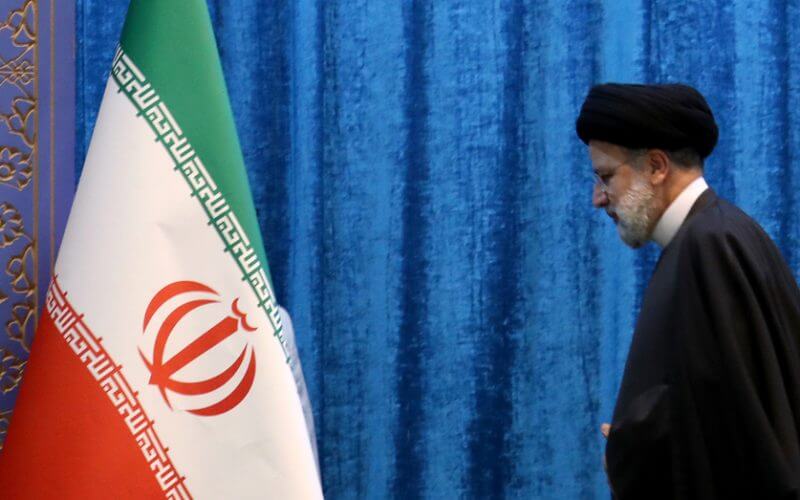President Biden’s efforts to grant wide-ranging economic concessions to Iran’s regime during 2022 to temporarily stop Tehran’s alleged nuclear weapons program have been rebuffed by the Supreme Leader of Iran, Ali Khamenei, experts say.
The waves of protesters opposed to Iran’s regime pouring into the streets, coupled with the clerical regime furnishing lethal drones to Russia in its war against Ukraine, tossed a wrench into the nuclear arms negotiating process for a White House eager to cut a deal with Tehran.
The nuclear agreement would provide Tehran "access to up to $275 billion in financial benefits during its first year in effect and $1 trillion by 2030," according to one Washington D.C., think tank study.
The administration through its Iran envoy, Robert Malley, invested significant resources for most of 2022 in an attempt to reach an agreement by conducting indirect talks with Iran in Vienna and Doha. Those talks seemed to falter in September when Iran scoffed at a deal that was said to be agreed by all sides.
But Iran observers argue the White House also hadn't bargained for an unexpected factor in those indirect discussions with the Iranians: the nationwide protests that would begin a few days after Iran turned its back on a deal in mid-September.
Lisa Daftari, editor-in-chief of The Foreign Desk, told Fox News Digital, "While the Iran deal had major flaws and actually wasn’t moving forward because the United States couldn’t accept the mullahs’ absurd demands, the Iranian people and their protests over the last 100 days have been successful in at least pressuring the United States to create some distance."
She noted, "The Biden administration has said that they will not be moving towards the deal right now, but they have stopped short of canceling negotiations altogether and moving toward supporting regime change, which is what the Iranian people want."
Related Story: Protests Against Repressive Regimes Demonstrated Greatest Pushback in Decades as Citizens Demand Freedom










